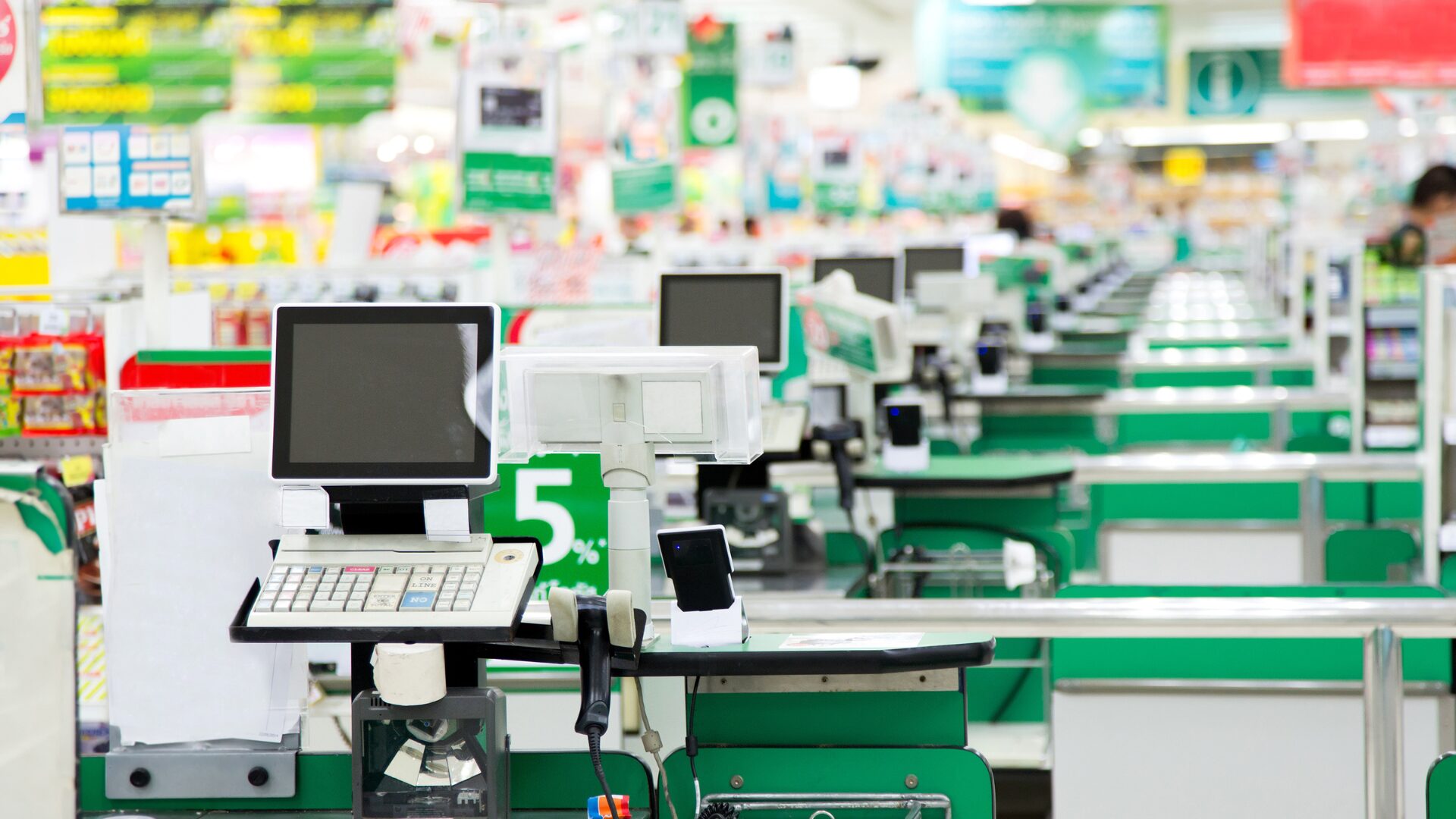“Sustainability has reached a tipping point,” according to Meet the 2020 Consumers Driving Change report from the IBM Institute for Business Value. Almost 60% of surveyed consumers are willing to change their shopping habits to reduce negative effects on the environment. Almost 80% said sustainability is important.
What is Environmental Sustainability?
Environmental sustainability ensures “the impacts of food system activities on the surrounding natural environment are neutral or positive,” as defined by FAO. Moving toward sustainability takes “into consideration biodiversity, water, soil, animal and plant health, the carbon footprint, the water footprint, food loss and waste, and toxicity.”
Every company has a different relationship to sustainability. For example, becoming more sustainable could include any the following initiatives:
- Supporting sustainable and regenerative agriculture and more biodiversity in crops;
- Sourcing of sustainably produced ingredients; o Reducing food waste-or upcycling food byproducts into usable products;
- Decreasing manufacturing waste; and
- Reducing packaging or creating more recyclable, compostable, and reusable packaging.
Why Important
In March 2019, the Center for Sustainable Business at New York University Stern School of Business released its study entitled Sustainable Share Index: Research on IRI Purchasing Data (2013-2018). The study found products marketed as sustainable drive product and category growth. These products were responsible for more than half of total market growth from 2013 to 2018. They grew 5.6 times faster than conventionally marketed products and 3.3 times faster than the total CPG market.
From the shareholder perspective, share prices of companies that made announcements and received positive press on climate change outperformed the MSCI World index, according to a study published by Deutsche Bank in Sept. 2019. The outperformance was 1.4 percentage points a year over the last 20 years (total outperformance of 26%). Bad press resulted in underperformance. In addition, some investment companies are making sustainability a standard for investing.
In addition to sales growth and increased share price, sustainable practices come with other potential benefits, according to Faith Son, a food and beverage expert and consultant at growth strategy company Clareo, Chicago. Son formerly held positions at Mondelez, PureCircle, and Kraft Foods. She wrote in an email about four potential benefits:
1. Reducing costs. Less waste often leads to lower costs. For instance, reducing the use of packaging materials means less cardboard used, less effect on the environment, and less cost for the company.
2. Securing stronger ingredient availability. Son cites the example of the Mondelez Cocoa Life Program. This sustainable cocoa farming program helps ensure a future supply of cocoa.
3. Leveraging sustainability as part of brand equity and brand building. Consumers, though wary of “greenwashing,” want to hear how food companies integrate sustainability into business operations.
4. Creating a more engaged and productive workforce. Research studies show company involvement in sustainability and corporate social responsibility leads to more engaged and productive employees.
Common Challenges Son said the biggest obstacle she has seen for companies is creating consistent momentum and discipline over time to ensure high-quality implementation of initiatives. Sustainability initiatives are rarely a one-time effort. “They typically require sustained cross-functional engagement and commitment, which can be a major challenge for companies as they face other business challenges and issues,” said Son.
Another challenge is tracking and measuring progress. “From food waste to packaging, businesses must be able to better measure, track, and reduce their contributions to landfills to achieve carbon neutrality,” Ray Hatch, waste management expert and CEO of Quest Resource Management Group, The Colony, TX, wrote in an email. Hatch also emphasized reducing before recycling due to the challenges facing the recycling system.
Companies may also have to deal with public doubt and concerns about greenwashing. For example, Nestlé recently committed to making 100% of its packaging recyclable or reusable by 2025. The company is also investing money to replace virgin plastics with food-grade recycled plastics and to develop more sustainable packaging.
However, The New York Times reported activists question the company’s ability to practice sustainability and make money. Plus, Break Free From Plastic in 2019 identified Nestlé S.A., Coca-Cola, Co., and PepsiCo, Inc. as top plastic polluters for the second year in a row.
Getting Started with Sustainability
Antea Group, a sustainability consulting firm in St Paul, MN, offers the following advice on how to get started with sustainability initiatives.
1. Do a materiality assessment to analyze your current situation, detect blind spots, and identify opportunities for environmental and business gains.
2. Develop detailed financial metrics designed to let you identify, quantify, monetize, forecast, and track the value of the sustainability investment.
3. Make a plan, including how you will track and measure the results of your efforts.
“As an industry, we have come a long way in the last decade,” said Son, “The case for sustainability is no longer as difficult as it used to be as success stories become more well known.”
By Carol Wiley, freelance writer and editor based in Seattle, WA. Reach her at carol@carolwiley.com.









